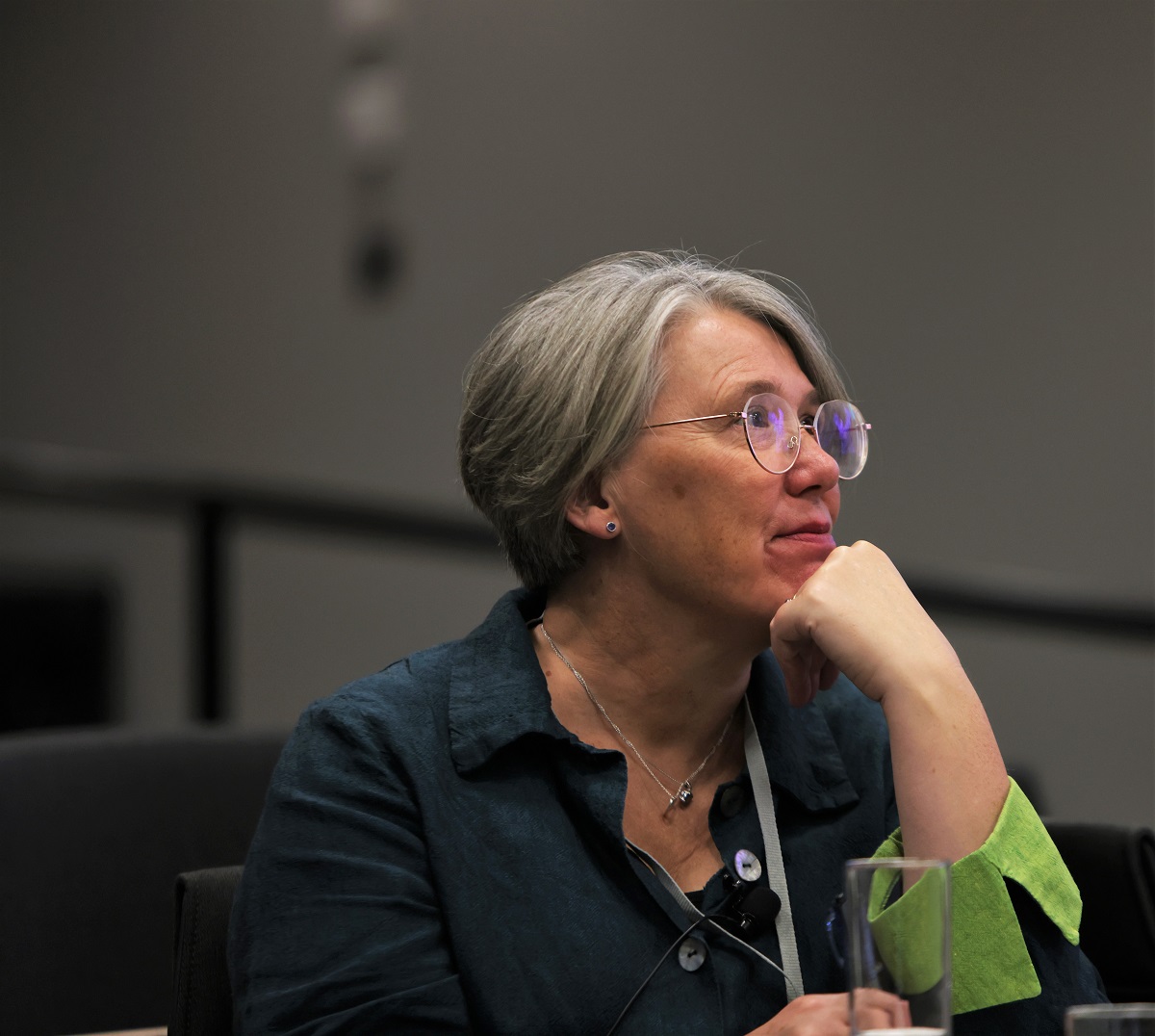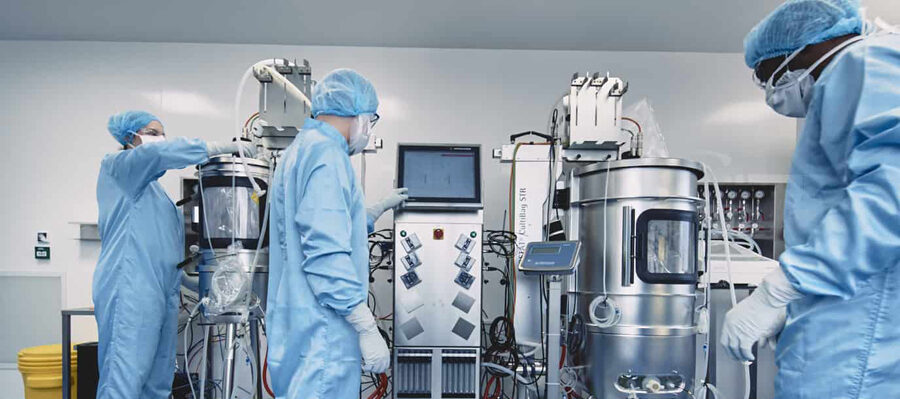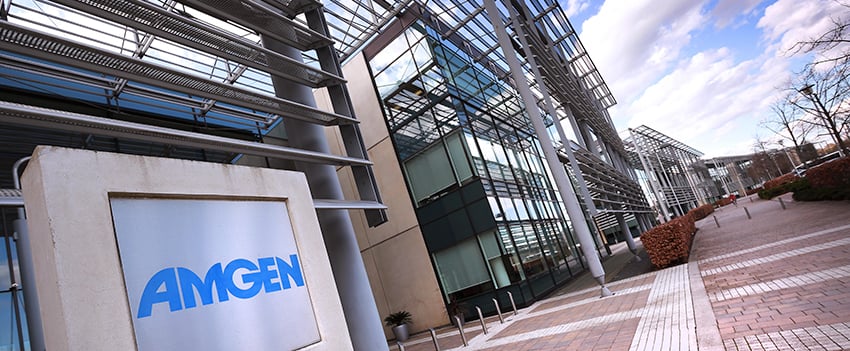Growing tomorrow’s innovators
Why taking imagination seriously is crucial for innovation.
According to the World Economic Forum, 65% of children now entering primary school will assume professions that have yet to be created. RE:CODE has been built by the Institute of Imagination to help tackle this challenge. It uses the latest evidence on learning to build children’s confidence, flexibility and an agile engineering mindset. With a healthy dose of Lego, mentoring and a real-world challenge.
At ARC, we’re all about supporting the innovation businesses of tomorrow so we decided to support the launch of the RE:CODE problem in Oxfordshire. The prospect of combining approximately 20,000 Lego blocks, 180 primary school children and 28 mentors from UTC Didcot was a bit intimidating – but as the community manager at Harwell/ARC, I was delighted to be involved in this inspirational project.
I attended the first session not knowing what to expect. The workshop brought together a group of 28 students from the UTC, who were studying for their BTEC extended diploma in engineering, with the team from IOI and Raising Robots. This was the beginning of their journey, one that I like to believe will have a lasting impact on both the children and mentors and may play a part in affecting their future decision making for the better. Their brief was to cover the format of the workshop and become familiar with the task of building eco homes. The task that they would be delivering in a couple of weeks’ time to the primary school children.
With the first few minutes of silence, a slight dread washed over me, needless to say, it was completely unwarranted. As soon as John, the teacher from Raising Robots stepped up with a suggested ice breaker involving six pieces of Lego and one minute of time, the energy in the gym changed from a quiet lethargy to a relaxed chatty space. It was a wonderful and humbling experience to watch 28 students transform from a mostly awkward, hesitant reserved group of teens to a buzzing, engaged, smiling cohort. The 2 hours flew by, and it was a wonderful introduction to creative learning through the power of iOi.
The next time we met, two weeks later, was for the series of workshops with the primary schools. These sessions followed a similar format and it was almost predictable that the time flashed by in a whirl of creativity, noise and building. The builds were fantastic in their uniqueness, the teamwork admirable and tantrums non-existent. The children were enthused, it was a break from their everyday routine, they were encouraged to think for themselves, to work together and build, a sustainable home for Daniel (a new member of the Lego family who is in the wheelchair). The pack Lego supplies is not your typical building pack, there aren’t any classic Lego building blocks, rather columns to help create floors, and different shaped pieces to imaginatively build solar panels, windmills (as was the agreed word for wind turbines), lifts and gardens for the resident crab and frog! The crucial piece in the kit that took the project from a standard Lego build as the hub. This is the piece that connects the sensors with sound and movement and the Scratch code on the iPad. Some of the kids had previously done coding and those that hadn’t took to it as naturally as a duck to water, in no time at all they had doorbells chiming, lights spelling out ‘welcome’ messages and there was even a small disco in one house.
It would be churlish of me not to mention John, the teacher, as he was a true inspiration, we all hope to have ‘that one’ teacher in our lifetime… John is that person, he encouraged discussion between the children, gently encouraged them to work as a team, teased out numerous questions giving each child the time they needed to have the voice heard, made jokes and generally brought out the best in them all.
The children returned to their schools with a pack for each class and six weeks to have a go at continuing to build and code and to document what they produced with the knowledge that they were returning to present to their mentors and the ‘adults’. Reassembling six weeks later and having the children present back was a delight, each school had taken a slightly different approach, but all playing to the strengths of their teams. QR codes were used by one school, PowerPoint and children talking through their build without coming to the front was the approached used by the middle group and photography and presentations by the final group. The children on the whole loved presenting their builds and their findings and this too was a great experience for them.
Having experienced the whole programme for myself I can confidently state that the RE:CODE programme and IOI planted seeds in the minds of all the young RE:CODE-ers that took part, showing them new pathways available to them, regardless of the socio-economic barriers they may have experienced in their life so far. It also supported the mentors, with their employability and marketability in the growing and competitive world of engineering and technology. I’m proud to say that ARC was able to support this programme, to help encourage more children to consider careers in STEAM based subjects and ultimately improve the skills shortage for the organisations based across our network who are working to solve some of the world’s greatest challenges.





